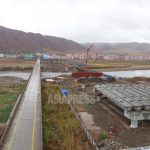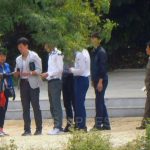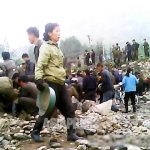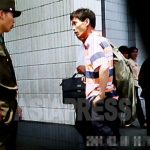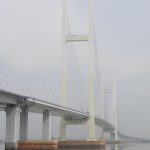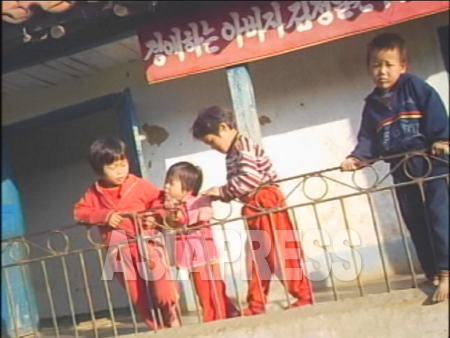
North Korean local governments continue to face worsening financial troubles, which has led to a crisis for the operations of state-run daycares and preschools. Without any food or snacks to provide students under their care, the facilities have been forced to demand rice and money from parents. Faced with these demands, parents have stopped sending their children to daycares and preschools and paying neighbors to look after their kids instead. Taken aback by parents turning their back on state-run childcare facilities, the authorities have moved to regain control over the situation. An ASIAPRESS reporting partner living in Yanggang Province gave the following report in late July. (KANG Ji-won / HAN Ha-yu)
◆ Parents face a barrage of non-tax payments if they send their kids to daycares and preschools
As a result of financial troubles, Yanggang Province’s daycares no longer provide meals and snacks to children under their care. The authorities are turning to parents to pay the operating costs of the schools, which used to provide childcare free-of-charge.
“Daycares have forced parents to bring fruit and snacks for their kids, and starting in June, each household was requested to provide three kilograms of rice,” the reporting partner told ASIAPRESS, who provided insight into how the authorities are levying non-tax payments on parents of children attending daycares. In North Korea, non-tax payments refer to anything demanded by the state that falls outside of official provisions.
Following the increase in non-tax payments from daycares and preschools, many parents are paying their neighbors to look after their children instead.
◆ N. Korea’s free childcare system exists in name only
North Korean daycares take care of the children of working mothers who are four years old or younger, which is before the age they attend preschool. Preschools, meanwhile, are part of North Korea’s compulsory education system and are attended by children aged 5-6 before they enter elementary school. On the surface, kids can attend both education facilities free of charge. Successive North Korean governments have used the country’s free education system to show off the superiority of socialism; however, in reality, non-tax payments levied on parents have become so common that the country’s free education system exists in name only. The reporting partner gave his account of the present situation:
“The daycare in my neighborhood was attended by around 19 children, but now there’s only four. The manager of the daycare went to the Hyesan party organization to request solutions to the food and snack issues. The party ordered the people’s committee (local government) to properly provide food to enable parents to send their children to daycare.”
Most of the mothers who either go to an office or factory to work, or who work in the markets, prefer to have their children looked after by neighbors rather than by state-run daycares. How much do families pay to have neighbors look after their children? According to the reporting partner:
“I understand that parents pay anywhere from RMB 4-7 (1 RMB equals around KRW 180) for someone to look after a children aged 2-5 years old from 8 AM to 7 PM. People with some financial wherewithal can send their children to neighbors with experience in childcare, while those without any financial flexibility just send their kids to family members or people they know. They make a point of not sending their kids to daycare.”
In short, parents who need to work to ensure their family survives are paying out of their own pockets for childcare. This shows why attendance at state-run childcare facilities is falling despite the regime’s boasts about how effective the facilities are.
◆ The authorities quickly move to crackdown on private childcare
However, the authorities believe that parents who do not send their kids to state-run facilities are turning their backs on the state. Government officials have begun efforts to crack down on private childcare.
“There was an inminban (neighborhood watch unit) meeting held yesterday (July 23). There was an order for each inminban to investigate the issue of people not sending their kids to preschool and to report the results to the people’s committee. At the meeting, we were told to make sure that neighbors are not allowed to take care of other people’s kids. That’s all that was said. I don’t think that the authorities will crack down much on people, though.”
*Inminban are the lowest administrative units in North Korea. They are typically made up of 20-30 households.
Daycares and preschools are an essential part of the collectivism and organizational life promoted through North Korea’s style of rule. That people are turning their backs on the school system has undoubtedly alarmed the authorities.
That being said, until state-run childcare facilities return to operating normally and non-tax payments disappear, the authorities will be unable to completely stop people from avoiding state-run daycares and preschools no matter how harsh the orders they hand down are.
※ASIAPRESS communicates with its reporting partners through Chinese cell phones smuggled into North Korea
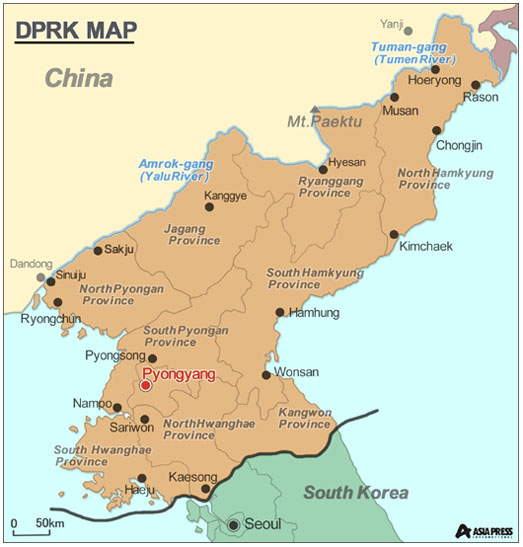
- <Investigation>100 soldiers surround farming community of 500 farmer to prevent stealing of crops…Military-Farmer relations improved
- <Inside N.Korea> Spring wheat harvest is finished and delivered to the army・・・Farmers rebel without their share
- <Photo Report> A visit to a North Korea-China trade hub…Freight trucks line up to head into North Korea, but drivers not allowed to leave vehicles
- Interview About Conditions Inside North Korea Pt.2 -What people think about the satellite launch-
- Interview About Conditions Inside North Korea Pt.1 -Is it true that people have died of starvation?-

